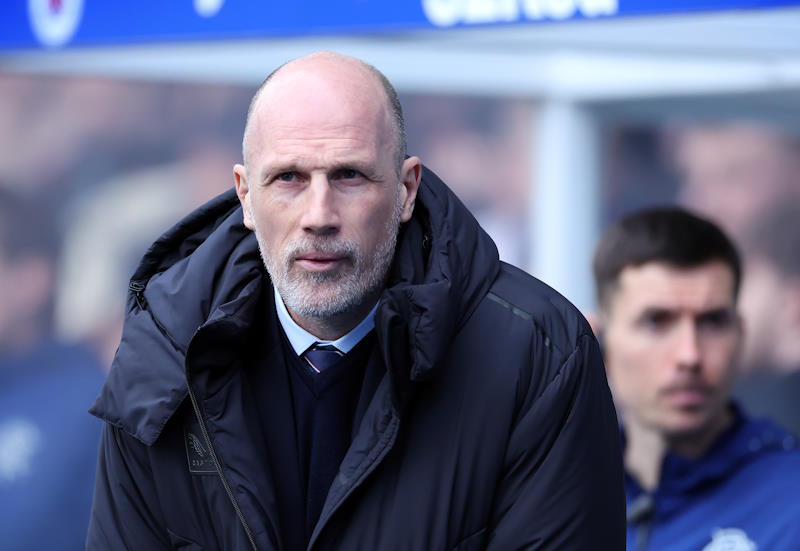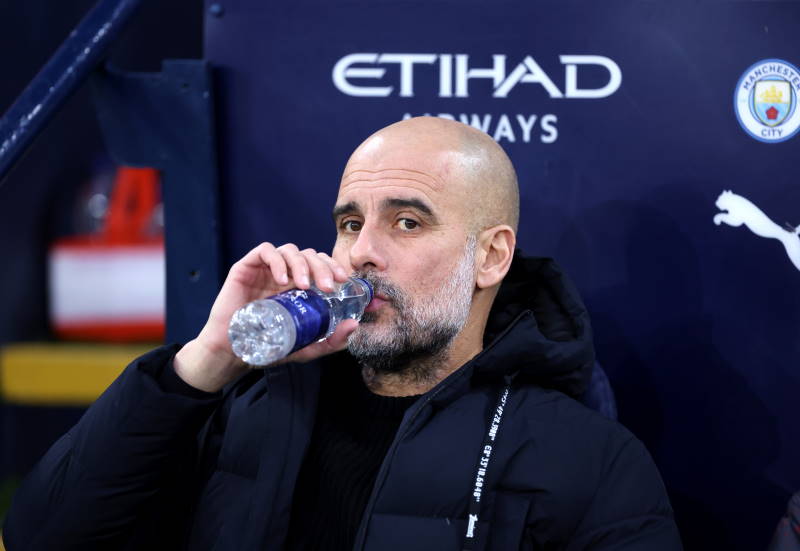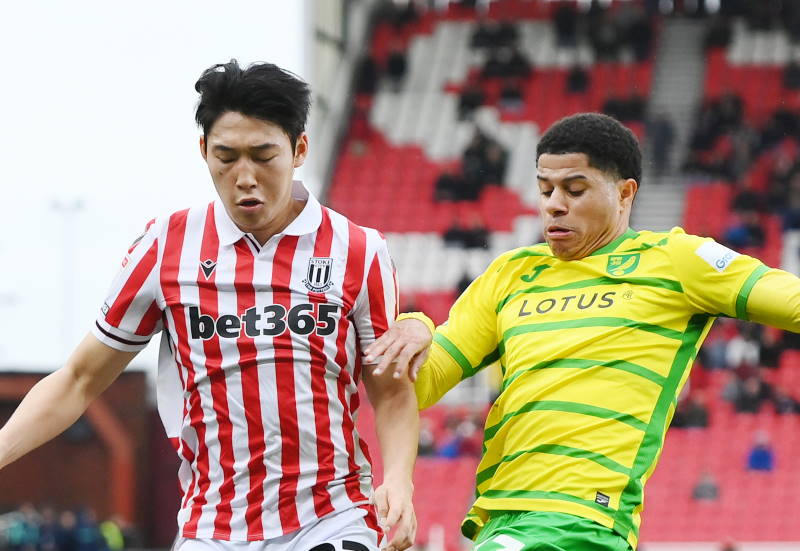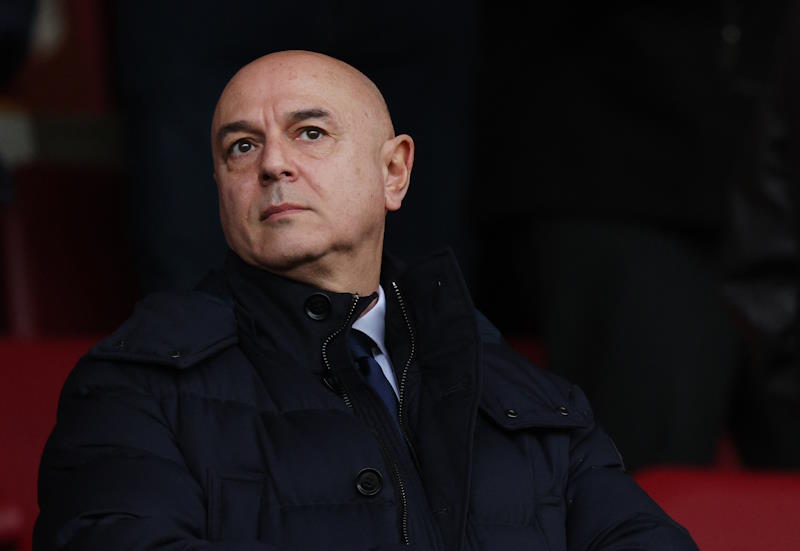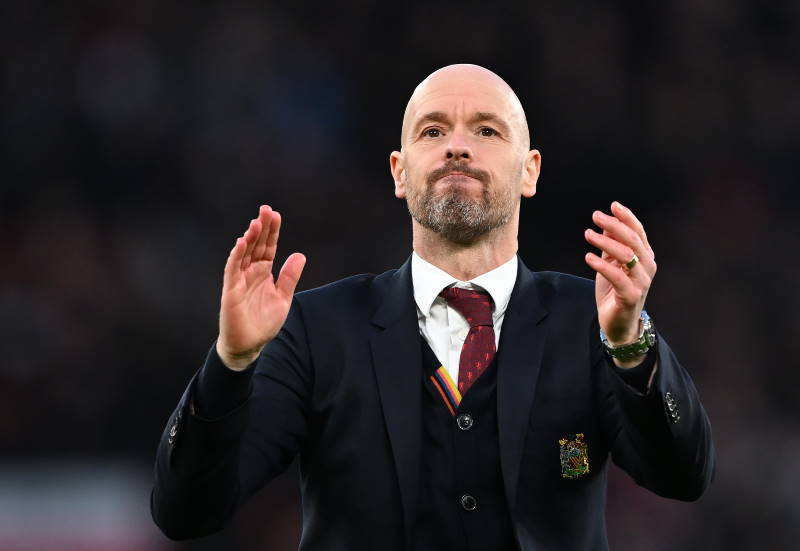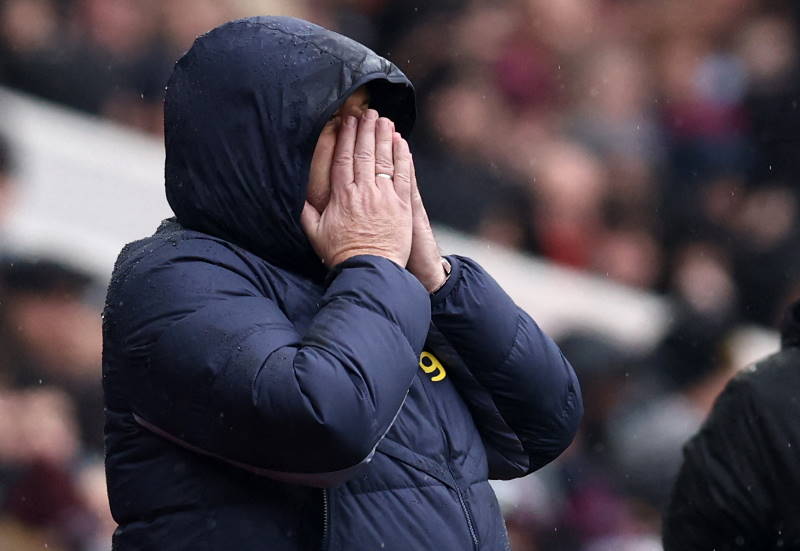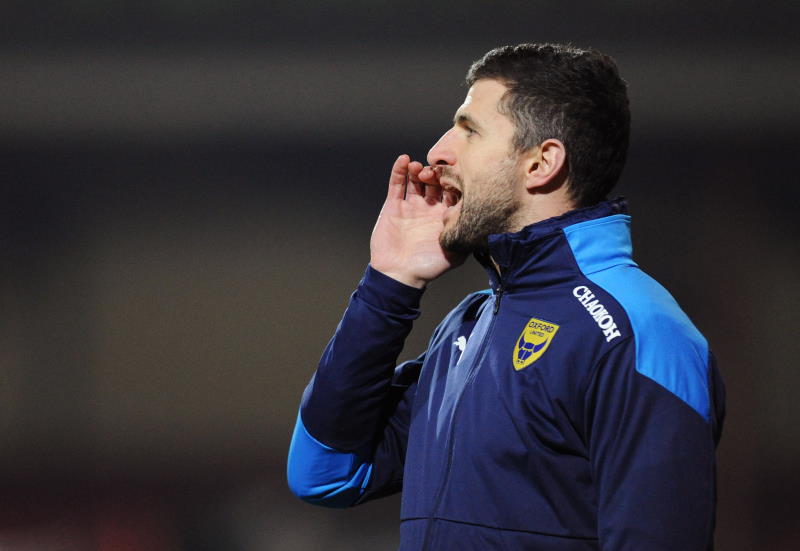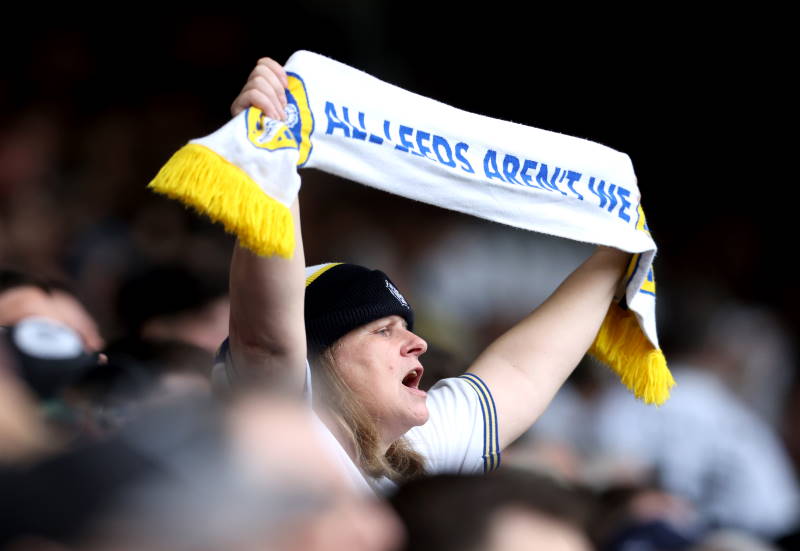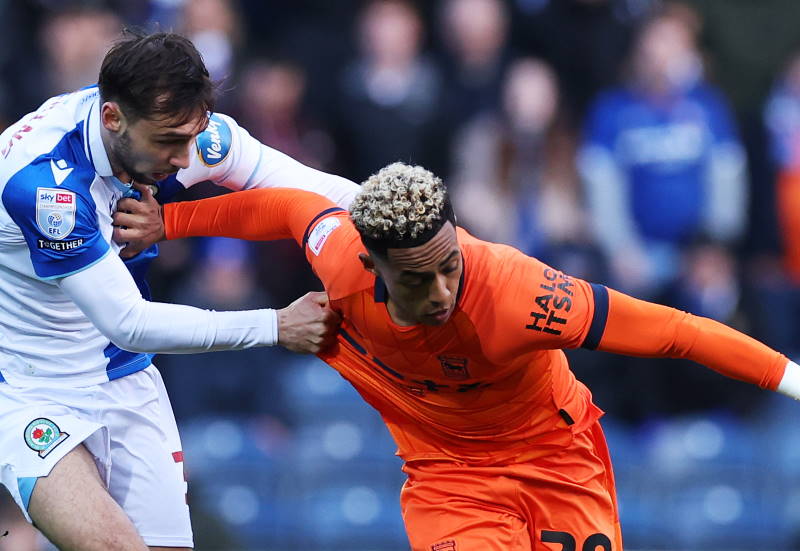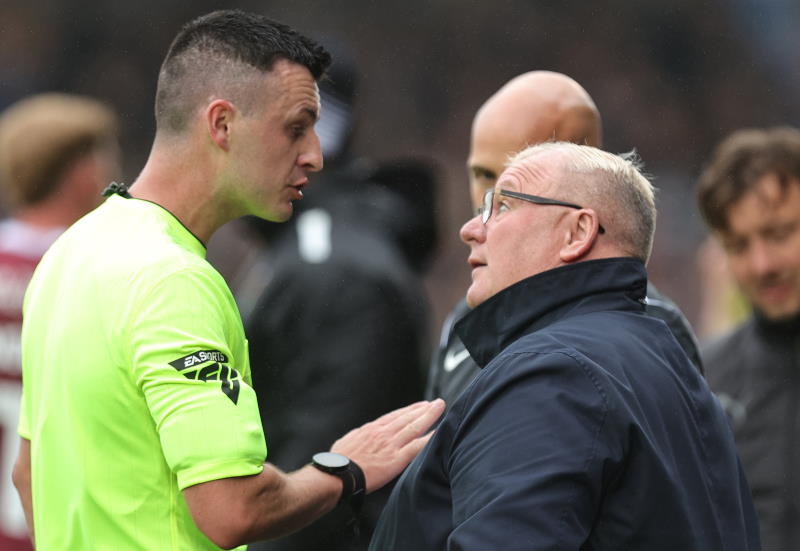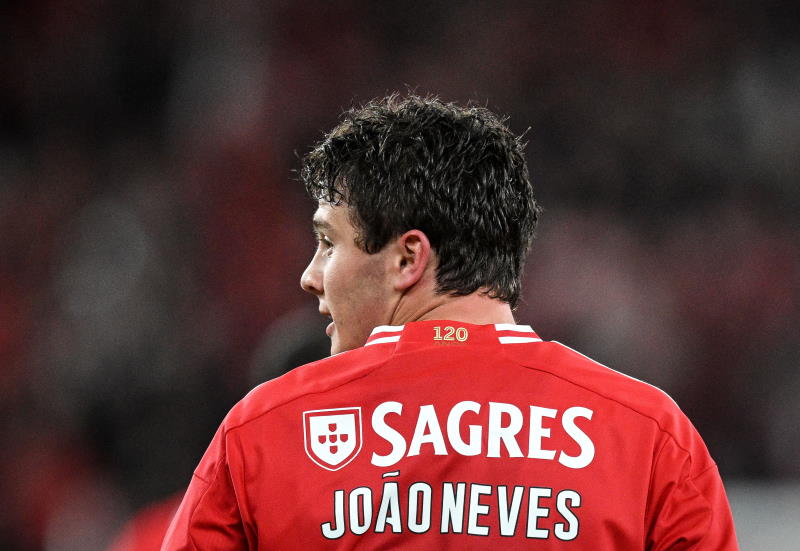
Hassan Chamas
Is Lionel Messi the best player that Argentina has ever produced? A trifling “yes” or “no” answer could be quite challenging. For a country that prides itself on being the homeland of a certain Diego Armando Maradona, eclipsing El Diego’s deeds could be daunting at the very least, if not impossible. However, at just 22, Messi could finally be the person to end Maradona’s sovereignty as the eternal deity of Argentinean and world football.
One thing that Messi could hold over his national team coach’s head is the level of success he has achieved while so young, in contrast to Maradona, when the latter was still plying his trade at Boca Juniors. At the time of writing, Messi is a consummate club player, having won every trophy there is for FC Barcelona. His skills are unparallelled anywhere in the world, he is the reigning Ballon d’Or winner, FIFA Player of the Year, and on club form, a shoe-in to win both awards again next December.
Maradona, meanwhile, was still not the world’s best at 22, had just joined La Liga giants Barcelona and tasted European club football for the first time. The fact that the world was witnessing stars such as Michel Platini, Paolo Rossi, and Marco van Basten meant that often “El Diez” was seen in a negative light as his drug and off-field problems stained what could have been possibly the greatest career ever.
Lionel Messi appears to be well on his way towards the top echelon of football, in an epoch that has been considered as the “Age of Messi”. But to truly proclaim himself as the all-powerful football divinity, the forward still has one obstacle to hurdle, and that’s the coming World Cup in South Africa.
When it comes to the international tournament, few names shine brighter than Maradona. Pele, for all his prominence, possessed an extraordinary set of individuals that fed him the ball: In 1958, “O Rei” had Garrincha, probably the most underrated winger of all time, while in 1970, he and his cohort of Jairzinho, Tostao and Rivelino proved supreme in the Mexican World Cup.
Maradona, on the other hand, won the 1986 World Cup mostly on his own, with a team comprising mostly of now-forgotten names. Despite scoring the most famous – and controversial – goal in history against England in the quarter-finals, he would later add the Biancoceleste’s second through an amazing run and award the win to Argentina, a goal that would in time be tagged as the twentieth century’s best.
This is where Lionel Messi fails to tick the checkbox. His amazing exploits for Barcelona will forever be juxtaposed with his disappointing form for Argentina. Messi's strongest memory with the national team is a paltry Olympic gold medal during 2008 Summer Olympics.
But perhaps the reason is not totally Messi’s fault. At the 2006 World Cup, he was inexplicably a bench warmer under Jose Pekerman, despite having just won La Liga and Champions League titles with the Blaugrana, a decision that the coach was left to rue as Argentina crashed out of the competition after a penalty shoot-out with Germany.
Furthermore, it just seems as if the young wizard appears to be the casualty of horrific national team coaching. The Argentinean FA have not yet understood that having a “man with a plan” in charge would unquestionably be a step-up towards the international breakthrough of their gem: Messi has had to play under three coaches in the space of four years, and has been assigned to several roles in a team that hosts a multitude of attacking talents.
To Messi’s merit, FIFA’s 8th-ranked club travel to South Africa boasting quite a squad, perhaps unmatched in the world in terms of depth. With Ever Banega, Esteban Cambiasso, Maxi Rodriguez, Lisandro Lopez, Diego Milito and Gonzalo Higuain all present around Messi to shine, the stage is set for the Biancoceleste to shock the world and come up ahead of the Brazils, Spains, and Englands. The World Cup qualifiers warned the national team that leaving things until the last minute could prove to be costly, and as such, Argentina should have no problems topping a group that includes Greece, South Korea and Nigeria.
The rest of the tournament will be the ultimate test for the Argentineans in general and Messi in particular. Should they fail to progress, then Lionel Messi will, for now, have lost the ticket towards ultimate stardom. Messi could still end up as one who got close to Maradona, but not quite close enough. Though of course, at 22, due to turn 23 during the tournament, there will be more World Cups. However, should Argentina silence their doubters on South Africa, then the gates of football heaven will surely be polished, waiting for the arrival of its 1.69m master.
Related Articles:
- – Boca Legend Francisco Varallo Going Strong
- – Economic Crisis Changes Brazilian Game
- – Should Brazil Ditch European League Model?

